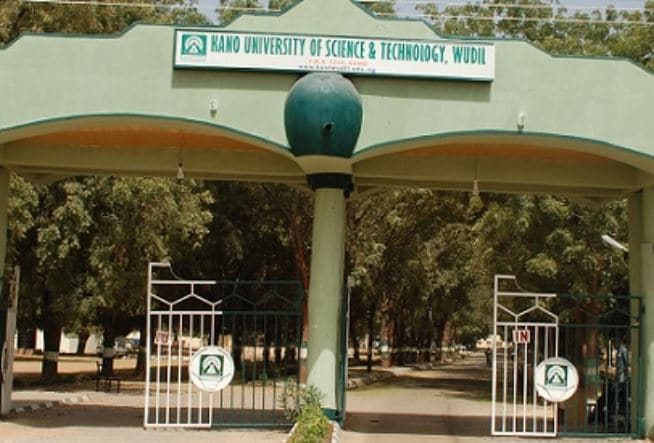Group Flays Twitter-Phobia Among Politicians
Executive Director of Media Rights Agenda (MRA), Lagos Edetaen Ojo and Country Director, Amnesty International Nigeria, Osai Ojigho, have applauded the Federal Government for lifting the ban on Twitter.
This is even as Spaces for Change (S4C), a non-governmental organisation advocating free civil space, has condemned Nigerian politicians’ penchant of hating Twitter, after using it for electioneering.
In an interview with The Guardian in Lagos, yesterday, Ojo commended the government for lifting the ban saying: “We welcome the lifting of the suspension; we are conscious of the fact that the government chose to finally act about seven months after it imposed the suspension when it is only a few days to the scheduled judgment of the ECOWAS Community Court of Justice in four consolidated cases before the court, which were instituted by dozens of Nigerian non-governmental organisations, journalists and other individuals over the matter, which has been fixed for January 20.”
On her part, Ojigho said Amnesty International welcomes the lifting of the ban on Twitter by Nigerian authorities after seven months of depriving Nigerians from exercising their right to freedom of expression on a social media platform that facilitates dialogue and empowers everyone to communicate, hold useful debates and conversations, and demand accountability from the Nigerian authorities.
She added that the Twitter ban was illegal in the first place, describing it as an attack on the right to freedom of expression, including online, access to information and media freedom.
“Nigerian authorities must end all acts that violate rights to freedom of expression, access to information and freedom of the press.
“We do not believe that lifting of the suspension was motivated by the government’s desire to respect the rights of Nigerians to freedom of expression. Rather, it is apparently a move designed to weaken the impact of the ECOWAS Court’s decision, should it go against the government. We view this attitude as evidence of the government’s lack of respect for and commitment to the rights of its citizens and a cynical strategy of manipulating the judicial process to undermine its effectiveness,” Ojigho said.
In a statement, yesterday, by the Executive Director, S4C, Victoria Ibezim-Ohaeri, S4C welcomed the resumption of Twitter activities in Nigeria, 222 days after the Federal Government banned it.
It alleged that after winning elections following intense campaigns on social media, politicians would develop Twitter-phobia and strive to destroy the bridge they used to climb to power.
The Federal Government shut down the social media micro-blogging platform on June 5, 2021 after it deleted a tweet by President Muhammadu Buhari, which it termed “inappropriate”.
According to Ibezim-Ohaeri, the Twitter ban in Nigeria represents the most glaring example of how state authorities hide under security to interrupt citizens’ access to information sites perceived to be sympathetic to anti-government rhetoric.
Her words: “While S4C commends the latest development, it is instructive to note that the harsh consequences the ban has had on the civic space, the economy and everyday life of Nigerians are far from over. Millions were denied access to real-time and unfiltered information and conversations on governance, undermining press freedom and the online civic space.
“The Twitter ban follows a pattern of repression of civic freedoms witnessed in the country in recent years. Before the ban, controversial legislative proposals like the Social Media and Hate Speech bills had been introduced in the federal parliament, seeking to increase governmental powers to regulate the social media, control the digital spaces, undertake surveillance operations and intrude personal privacy.”
Also, the group decried the huge economic losses suffered by Nigeria and Nigerian residents due to the ban.
“In the 222 days that the ban subsisted, reports showed that the Nigerian economy lost approximately N2.5 billion daily. Many small businesses, tech start-ups, and young Nigerians were the hardest hit by the ban, as Nigeria boasts of the largest number of start-ups in the tech ecosystem in Africa, and most of these start-ups use Twitter to attract investment.
“So biting were the effect of the Twitter ban that most Nigerians were willing to expose themselves to the security threats associated with using Virtual Private Networks (VPNs) to circumvent the blockade and access the platform,” she added.
The civil society group suspected that lifting now might not be unconnected with heavy campaigns for the 2023 elections.
While urging civic actors not to relent in holding political leaders accountable, S4C sympathised with every Nigerian who experienced social or economic loss as a result of the ban.
It called on the Nigerian authorities to ensure that the civic space remained open and free before, during and after elections.













